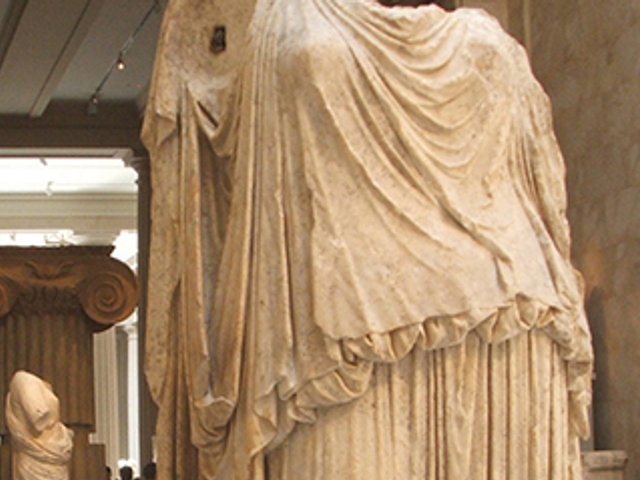As a devotee of ancient art and also a retail supplier of books on ancient art to academics, museums, collectors and dealers, I was naturally curious to read Peter Watson’s The Medici Conspiracy.
Having read the work, I am left with the impression that the picture he paints is one where the only people to have any legitimate interest in ancient art objects are closeted archaeologists. My experience of archaeologists has been much more of liberal-minded people who actually appreciate the enthusiasm, support and interest shown by the amateur or knowledgeable collector.
Without the private collector and benefactor, the great museums of the world would be sadly lacking material. The base collections of museums such as the British Museum, the Metropolitan Museum of Art, and the Louvre, as well as those in Copenhagen, Cologne and Berlin, were donated by great collectors. If the great museums of the world had to return all the Greek, Etruscan or Roman material bequeathed to them over the last three centuries then, alas, they would be almost empty. And whom should they return them to?
The current citizens of Italy are far removed from the Etruscans or Romans as to be almost another race. The same is true of Greece and Egypt and other ancient centres of society. A large portion of the population of Australia or America might lay equal claim to such ancestry. These artefacts, made thousands of years ago, belong to nobody in particular. They are for all mankind.
A healthy collectors market in these objects helps to build a wider interest in ancient art and support for the maintenance of it. Most archaeologists are sympathetic to this concept and do not take the jaundiced view which seems to permeate Mr Watson’s writings.
The public are quite capable of judging the beauty and workmanship of an object simply by being able to view it. The public viewer of such an object is happy enough to know for example that it is Greek or Roman or Egyptian and to know its approximate age. The rest he or she will judge with his or her eye.
So let us recognise that collectors have always made a valuable contribution towards making these wonderful objects accessible to the wider public.
David G. Giles
Ancient Art Books, London
Originally appeared in The Art Newspaper as ‘Collectors defended'


